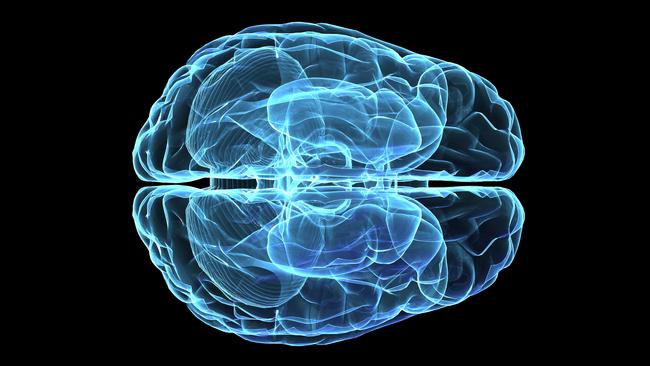Human brain produces new cells well into old age
The issue of whether we are given a finite number of brain cells has divided scientists. Research sheds new light on the question.

The human brain produces new cells well into its twilight years, according to a study.
In research that may offer a new path towards understanding forms of dementia, scientists have found that the hippocampus region of the brain, used for memory and mood, generates fresh cells even in its 10th decade.
The issue of whether humans are given a finite number of brain cells that is destined to decline as we leave childhood or if the brain has the ability to produce fresh neurones throughout its life has divided neuroscientists.
The study found that the rate at which the new brain cells are generated, known as adult hippocampal neurogenesis, falls sharply in Alzheimer’s patients, even in early stages of the disease.
The findings, published yesterday in Nature Medicine, could lead to new methods of diagnosing Alzheimer’s before clinical symptoms emerge. It might also be possible, the scientists behind the work suggested, to identify patients at risk of the condition and target them with treatments that boost brain cell production to correct the memory loss associated with it.
In the study Spanish scientists examined post-mortem tissue from adults whose brains had been healthy when they died. The subjects were aged between 43 and 87 and the researchers found newborn neurones in each brain.
They found only a modest decline in their production with age, although the study did not look at whether this was linked to declines in cognitive ability. Between 40 and 70 the number of fresh neurones identified in the dentate gyrus region of the hippocampus fell from about 40,000 to 30,000 per cubic millimetre. In brain tissue from Alzheimer’s victims aged 52 to 97 the researchers still identified new brain cells but the rate of neurogenesis had fallen sharply.
A commentary in the journal Nature noted that the results had not yet been replicated by other scientists but said that the findings raised “a tantalising possibility that halting or reversing this decline might slow Alzheimer’s”.
New brain cell production in the adult hippocampus was first reported in 1998 but direct evidence in humans had remained elusive. A year ago a study in Nature made the case that neurogenesis dropped to “undetectable levels in adults”. The authors of the latest study blamed the limited availability of adequately preserved human brain tissue samples and inconsistencies in the methods used to process them for the lack of consensus.
Rosa Sancho, head of research at Alzheimer’s Research UK, said: “This research shows that we can continue to produce new [nerve cells] even into our 90s . . . Alzheimer’s radically accelerates the rate at which we lose nerve cells and this research provides convincing evidence that it also limits the creation of new [ones] . . . Larger studies will need to confirm these findings and explore whether they could pave the way for an early test to flag those most at risk of the disease.”
The Times


